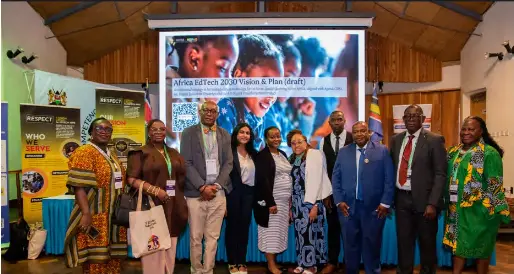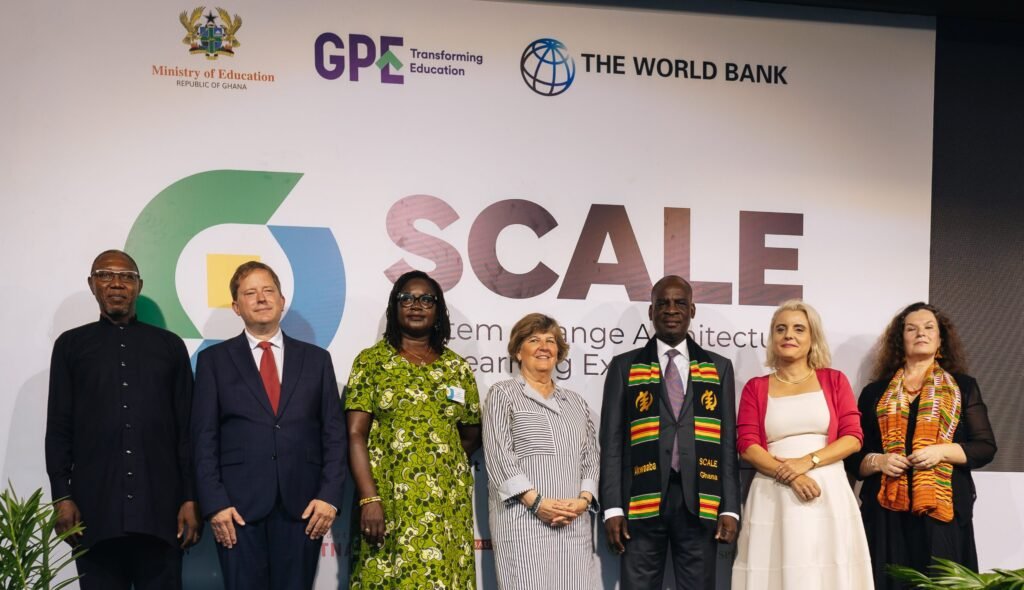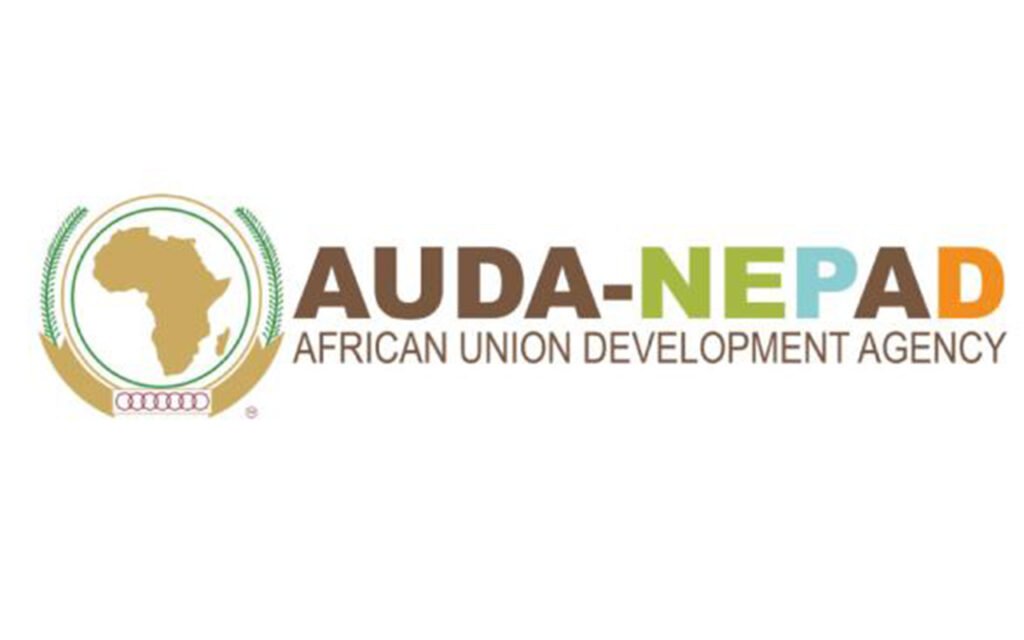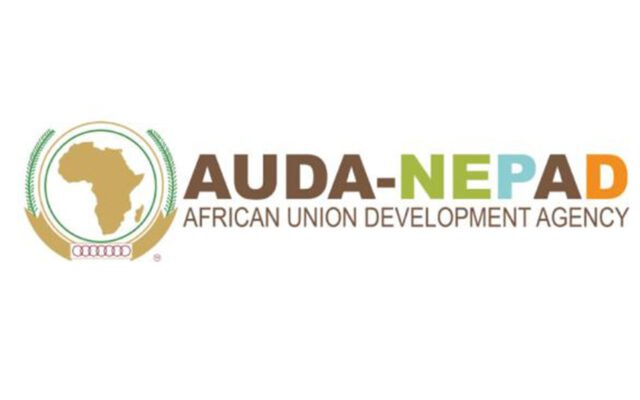In a bold display of vision and resolve, the African Union Development Agency (AUDA-NEPAD) has rolled out its draft African EdTech 2030 vision, plan, and policy framework, inviting stakeholders across the continent to help refine it. Unveiled amidst the vibrant energy of the STEMtastic Adventures! Africa symposium, this roadmap signals the dawn of a new era in education, where technology, innovation, and Africa’s youthful demographic come together in a powerful equation for change.
Table of Contents

Why an African-Led Digital Education Revolution Is Vital Now
Africa stands at a pivotal moment. With more than 60 percent of the population under 25, and that youthful cohort projected to swell to a staggering 2.5 billion by 2050, accessible, quality education is no longer a luxury—it’s a necessity. Yet, the region faces daunting gaps: 30 million primary-age children remain out of school, and the continent will need an additional 17 million teachers by 2030 just to maintain universal education levels.
AUDA-NEPAD recognises that Africa’s greatest opportunity lies in its ability to leapfrog traditional schooling systems, much like the continent leapt ahead in banking with mobile money. The framework is built around mobile-first and offline-capable technologies, designed to reach marginalised learners even where connectivity is patchy, and to eventually serve markets globally where these conditions mirror Africa’s. Importantly, the team driving this transformation sees local innovation and leadership as the fuel of the revolution—ensuring the solutions are owned, developed, and managed by Africans, for Africans.

Inside the Vision: Strategy, Infrastructure, and Inclusivity
AUDA-NEPAD has presented a vision where every African learner, regardless of gender, disability, background, or geography, has affordable access to high-quality, locally-designed digital learning resources on reliable devices—and all within a supportive, innovative ecosystem.
To reach this ambition, the framework is structured around a multi-pillared strategy:
- Policy & Coordination: Harmonising policies across Member States to support open, vendor-neutral technologies and interoperable systems.
- Digital Infrastructure: Scaling digital platforms affordably across diverse contexts.
- Teacher Empowerment: Building capacity in digital pedagogy for educators and leaders alike.
- Local Innovation: Providing incubation, financing, and partnerships to homegrown EdTech startups.
- Data-Driven Monitoring: Embedding feedback loops and governance tools that refine learning equity and outcomes over time.
A further breakdown of the implementation phases outlines a sensible path forward:
- Foundation Building (2024–2026): Establish continental policies, standards, and infrastructure required for seamless content sharing.
- System Integration (2026–2028): Deploy interoperable systems enabling streamlined access to educational tools.
- Consolidation & Export (2029–2030): Launch a Pan-African EdTech Innovation and Research Hub and scale African-made solutions outward.
The technical engine powering this vision is RESPECT—an ambitious Digital Public Infrastructure (DPI) created by the Spix Foundation and launched at the same gathering. RESPECT makes it easier for EdTech developers to align with AUDA-NEPAD’s policy framework by ensuring offline capabilities, data tracking, interoperability, and monetisation for creators, while respecting data sovereignty.

A Continental Call: Unite, Innovate, Transform
At the heart of AUDA-NEPAD’s call to action is collective ownership. Whether you are a policymaker, educator, private-sector innovator, funder, or parent, your insight and involvement matter. The draft framework is open for public consultation, with written feedback welcomed from Member States, academia, civil society, regional institutions, and development partners. The deadline is 29 August 2025.
John Kimotho, EdTech Consultant and Head of RESPECT Africa, reminds us that many existing digital education efforts across Africa remain isolated pilots—successful, yes, but fragmented. RESPECT and AUDA-NEPAD’s unified strategy aim to break these silos, encouraging unified systems over many tiny islands of innovation.
By aligning policies, infrastructure, and innovation, AUDA-NEPAD believes Africa can demonstrate a new model of inclusive, sustainable education—one that not only addresses today’s challenges but positions the continent to lead global EdTech innovation.
Join Our Social Media Channels:
WhatsApp: NaijaEyes
Facebook: NaijaEyes
Twitter: NaijaEyes
Instagram: NaijaEyes
TikTok: NaijaEyes
READ THE LATEST EDUCATION NEWS





